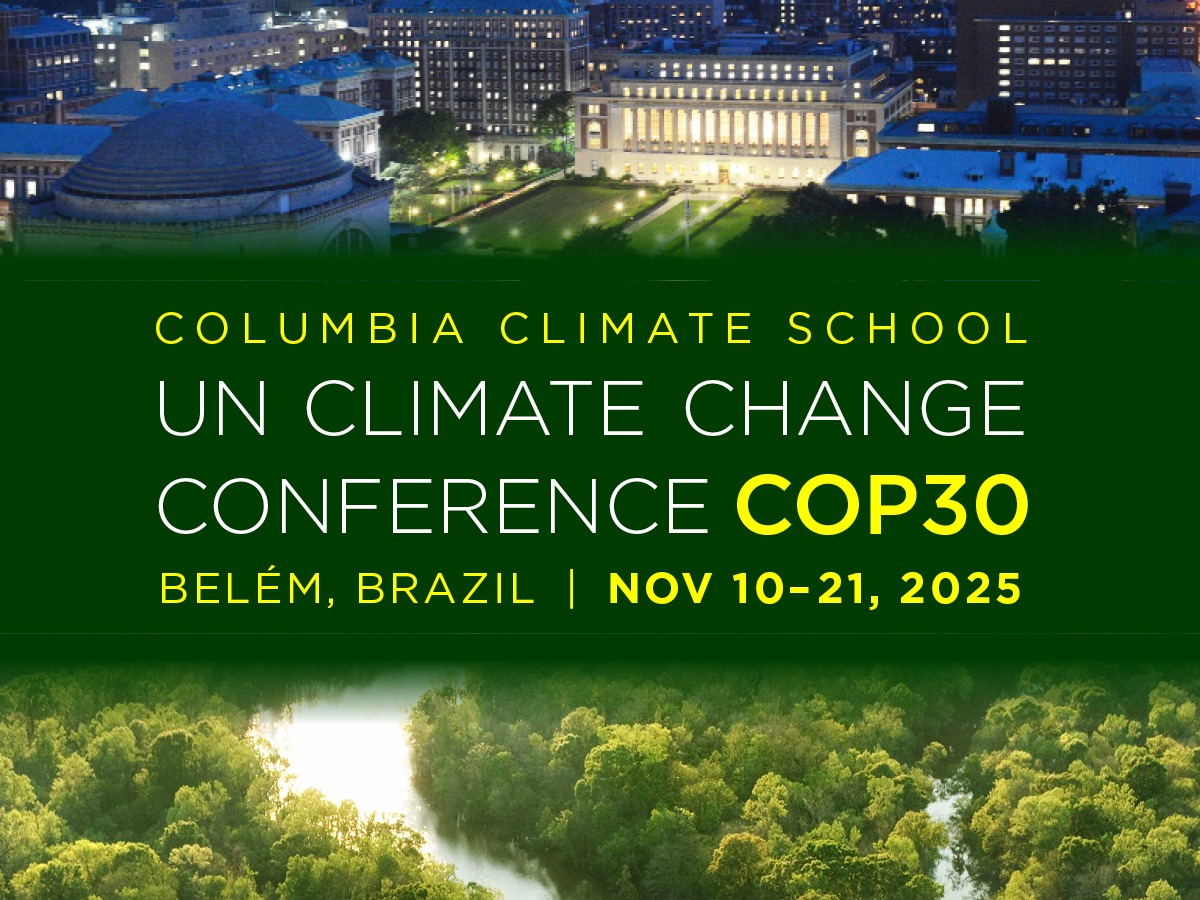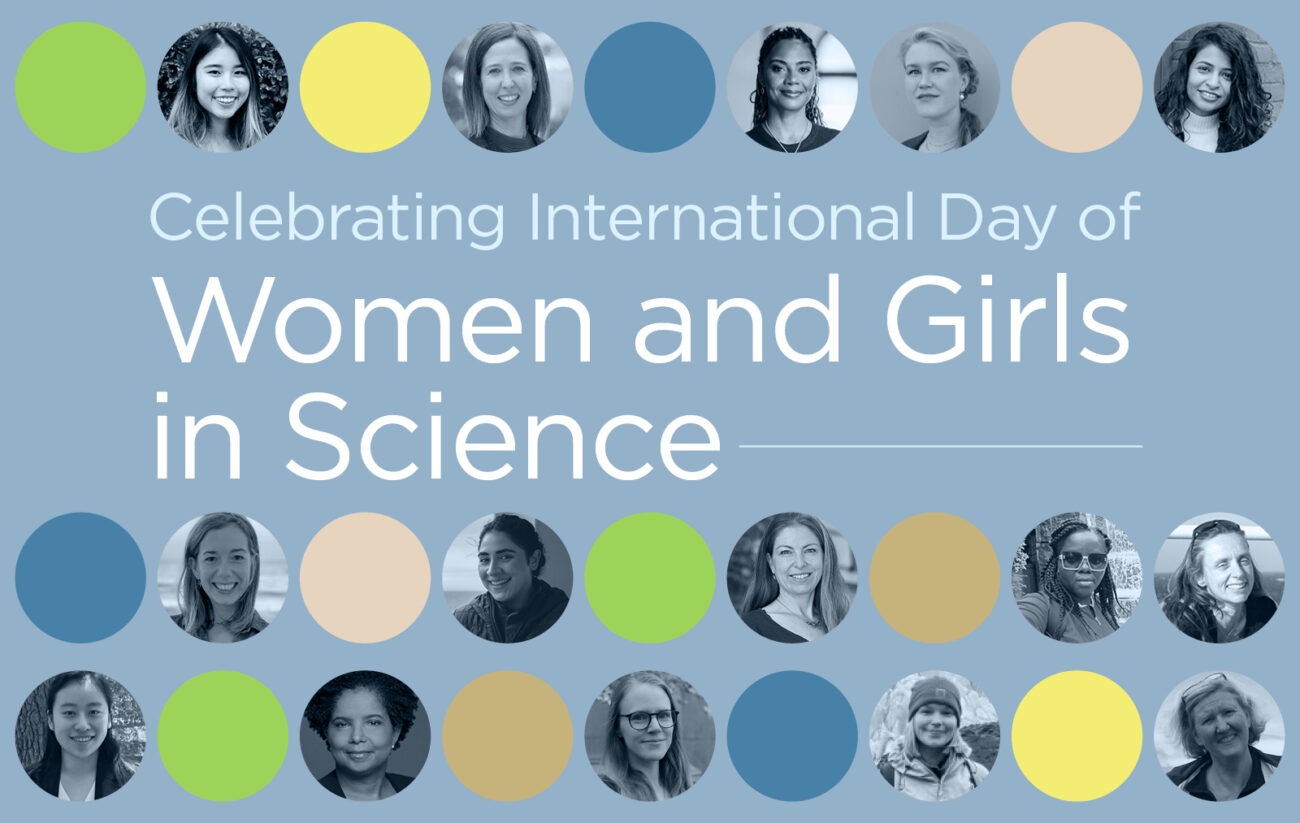This year, the COP climate summit is taking place in Belém, Brazil. Beginning next week and running through November 21, the conference will bring together diverse groups of people—world leaders, citizens, academics, activists, scientists, Indigenous representatives and more—to discuss and implement solutions to climate change.
Ten Climate School representatives will attend COP30 to give talks, host panel discussions and forge connections that could lead to innovative collaborations, in service of fighting climate change. We spoke to the attendees about their hopes and expectations for the conference.
You can read about additional COP30 coverage and events here.
Alexis Abramson
What will you be doing at COP30?
At COP30, I will represent the Columbia Climate School and support our delegation’s participation in events that showcase the role of higher education in advancing climate solutions. I am particularly focused on building and strengthening partnerships with the UNFCCC and other institutions while sharing the Climate School’s efforts to explore ways to expand our work in key areas, including disaster resilience, climate finance and education. I will be participating in several panels, including one we are co-hosting with the UNFCCC, “Financing Climate Adaptation: Old Challenges, Emerging Threats, Novel Solutions.” I’m looking forward to this opportunity to discuss how we can strengthen adaptation finance systems to better link development goals, risk reduction and locally led solutions. COP30 will be a chance to connect with colleagues across sectors and regions, to exchange expertise and identify how the Climate School’s initiatives can translate into actionable solutions aligned with COP30 themes.
What do you personally hope to achieve while you’re there?
This will be my first COP, so I am looking forward to the opportunity to immerse myself in these critical discussions and learn all I can about the negotiations from an on-the-ground perspective. I hope to share the Climate School’s work in advancing climate solutions while cultivating partnerships that translate research into real-world impact. COP30 is a unique moment to engage with leaders from government, industry and academia who are developing innovative approaches. My goal is to identify collaborations that leverage our expertise, data and research capacity to support climate action work, while also learning from strategies being implemented across sectors.
What are some larger-scale actions or takeaways that you’re hoping to see come out of the summit?
I would like to see global ambition paired with the practical pathways needed to deliver real results. Academic institutions, such as the Climate School, have a unique role to play in bridging the gap between vision and implementation. We have the critical tasks of translating research into policy, training future leaders and fostering partnerships that turn ideas into measurable progress. It’s exciting for me to represent the Climate School at COP30, where this transformative impact work is so deeply ingrained in everything we do. From the Columbia Center for Sustainable Investment’s work on ASEAN investment strategies to decarbonize, to the National Center for Disaster Preparedness’ comprehensive analysis of climate vulnerability to better inform adaptation finance, it is clear to me that academia has a meaningful role to play in moving towards implementation. Building on past milestones such as the Kyoto Protocol and Paris Agreement, COP30 should mark the next step toward translating global commitments into coordinated, evidence-based action that delivers lasting benefits for communities worldwide.
Jeff Schlegelmilch

What will you be doing at COP30?
At COP, I will be engaged in a number of events focused on climate adaptation, and in particular climate adaptation finance. With increasing impacts from climate events and disasters, the need for climate adaptation finance is a growing part of the COP agenda, and our work on the Climate Finance Vulnerability Index (CliF-VI) is of particular interest under the themes of this COP. I will also be supporting some sessions that will look at our many educational approaches to climate, including our executive education programming with public and private organizations. It is also worth noting that we have many alumni at COP, and I will be connecting with many of them as well.
What do you personally hope to achieve while you’re there?
At a time of global turmoil and a pullback of the U.S. from global institutions and especially climate change, our work is more important than ever. I hope that our presence, collaborations and work that is highlighted sends an important message that U.S. institutions are still very much engaged with climate issues, and higher education from institutions like the Columbia Climate School continues to lead the way in using science and evidence to navigate forward. More specifically, I hope to see our research continue to support solutions and to further create pathways for engagement from our students in the organizations in attendance. I also hope to learn a lot about the latest discussions and dynamics in this space to help ensure the relevance of our research and to bring these perspectives into the classroom.
What are some larger-scale actions or takeaways that you’re hoping to see come out of the summit?
I am hoping to see major investments in climate adaptation. Perhaps “major” is too weak of a term….what we need is “transformational” funding and implementation vehicles for resourcing climate adaptation, especially among the most vulnerable nations. I also hope to see that the promise of this COP to focus more on Indigenous rights and interests is achieved. There are a lot of controversies and aspirations that we are seeing that have to reckon with national interests as well as logistical limitations. This year may have more pressure than ever, but it is only under these pressures that the best of what we can be emerges.
Sheila Foster
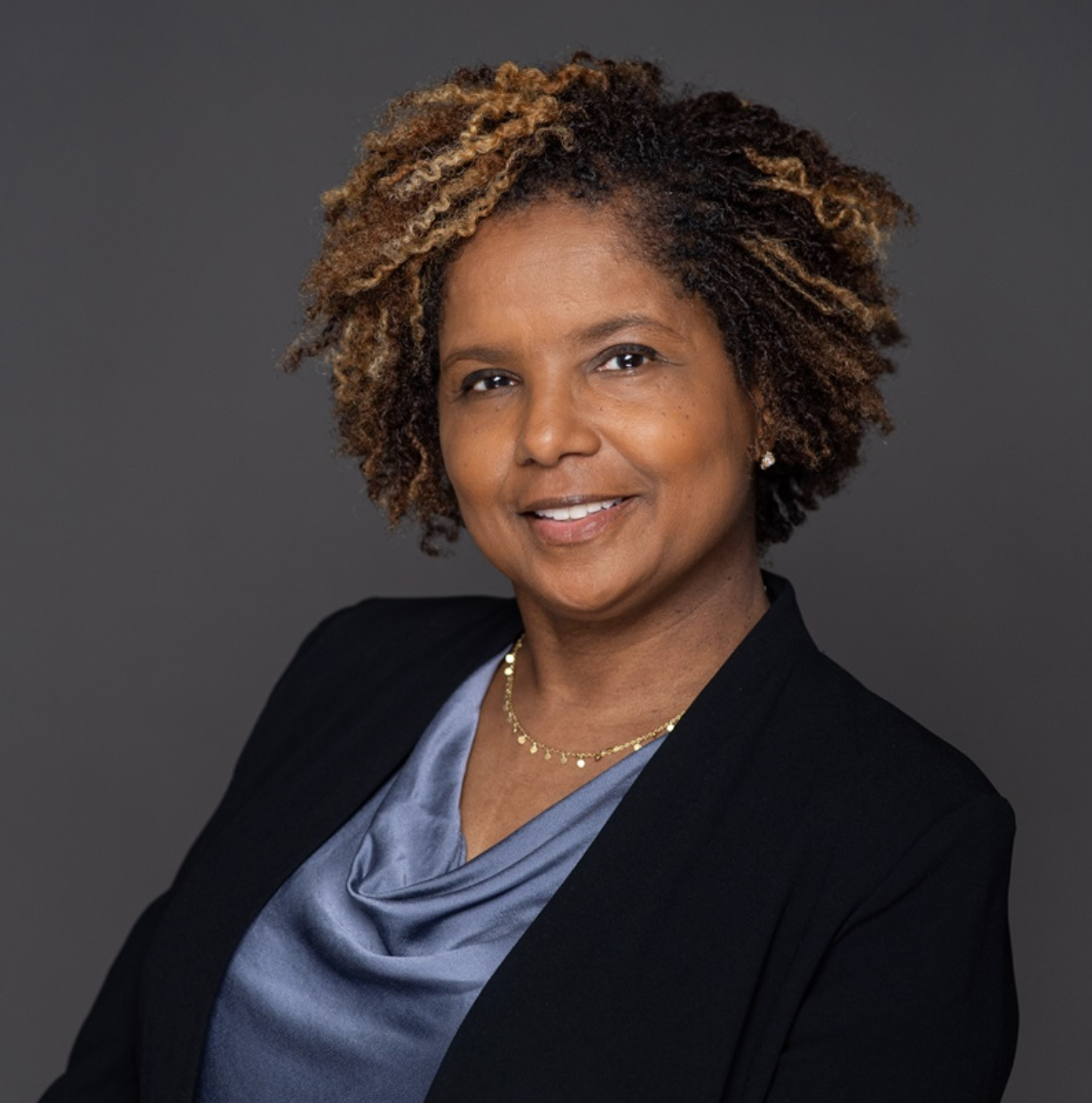
What will you be doing at COP30?
I’ll be providing commentary on two panels that address different but complementary dimensions of climate justice and governance. The first, “From Local to Global: Communities at the Heart of Climate Decision-Making and the Legacy of COP30,” examines how Brazil’s innovations—particularly the creation of international commissions for Indigenous peoples and traditional communities—can establish a lasting legacy for centering forest guardians in climate negotiations. The second, organized by the Republic of Senegal, “A Decade of the Paris Agreement: Reflections, Responsibilities, and Roadmaps for Africa,” brings together international leaders to assess the Agreement’s first decade and chart pathways forward, with particular attention to Africa’s experience and priorities.
What do you personally hope to achieve while you’re there?
My goal at COP30 is to advance the principle that effective climate action requires ensuring that frontline communities are not merely consulted but are genuine co-creators of climate solutions. These communities are the historical guardians of many of our natural resources, such as forests and biodiversity. Yet, they’ve been systematically marginalized in international climate negotiations and denied equitable access to climate finance.
Through my participation in these panels and other activities, I hope to contribute to three concrete outcomes: First, strengthening the institutional architecture that ensures permanent, meaningful involvement of traditional communities in COPs and global climate governance. Second, sharing insights from my work on collaborative governance and ways that can bridge the gap between local community knowledge and global policy frameworks. Third, bringing my work on climate justice and urban governance to conversations about how subnational actors—cities, local governments and community organizations—can drive climate action when international negotiations stall.
COP30 in Belém is uniquely positioned for this conversation. Hosting the conference in the heart of the Amazon is an opportunity to demonstrate that the people who have protected these critical ecosystems for generations must be at the decision-making table, not on its margins.
Ultimately, I hope to demonstrate that effective climate action requires us to rethink governance itself—not just the policies we adopt, but also how we create them, who participates in shaping them, and whether they address the root causes of climate vulnerability.
What are some larger-scale actions or takeaways that you’re hoping to see come out of the summit?
I hope COP30 produces not just commitments but also fundamental reforms to how we govern climate action. Specifically, I would love to see progress in several key areas:
Institutionalizing community participation: Brazil’s creation of an International Commission of Traditional Communities, Afro-descendants, and Family Farmers is a great example of what this looks like. I hope it becomes a permanent infrastructure in global climate governance. Institutionalizing broader and inclusive participation means developing binding legal mechanisms, not voluntary guidelines, that guarantee communities’ participation in climate negotiations, decision-making and implementation. As my research on environmental and climate justice has shown, communities must be recognized as rights-holders with legal standing, not merely stakeholders to be consulted.
Redesigning climate finance for equity and access: Current financing mechanisms remain largely inaccessible to the communities most impacted by climate change and most critical to nature-based solutions. We need direct, flexible funding streams that reach Indigenous and local communities, with simplified application processes and support for community-led initiatives. I hope the loss and damage fund will be operationalized with clear pathways for frontline communities to access resources.
Elevating subnational climate action: As we reflect on the Paris Agreement’s first decade, particularly through the Africa-focused lens of the Senegal panel, we must recognize that cities, regions, and local governments are often moving faster and more boldly than national governments. COP30 should strengthen frameworks that enable and resource subnational climate leadership, particularly in the Global South where cities face the harshest climate impacts with the fewest resources.
Ultimately, I hope COP30 marks a turning point where we recognize that climate justice is foundational to the success of multilateral climate action. The communities bearing the brunt of climate impacts, while contributing least to the crisis, are also our greatest source of resilience and innovation. If we leave Belém without centering their voices, participation and leadership in global climate governance, we will have failed in one of our most essential tasks.
Sonya Dyhrman
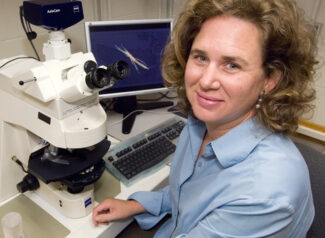
What will you be doing at COP30?
I am participating in a panel in the ocean pavilion, and looking to interact with stakeholders in support of sharing the science we need to consider in the context of a changing climate. At the heart of all ecosystems on Earth is an invisible network of microbes that support food webs and underpin the ecosystem services upon which we and our planet depend. Microbes inhabit all parts of the planet—from the land to the ocean, they recycle nutrients, fuel roughly half of global carbon fixation through photosynthesis, while supporting the ecosystem services provided by healthy forests, abundant fisheries and sustainable coral reefs. How do we advocate for this unseen majority? From the land to the sea, this invisible world is both a player and a stakeholder in what happens next for our planet and the panel will discuss how to include this invisible planetary network in a sustainable future. We can’t ignore this invisible world… we are looking for thought partners on how to advocate for this unseen majority. As a microbial oceanographer, the ocean pavilion represents an exciting opportunity to highlight the critical interplay that exists between the land, ocean and the climate, where the knowledge gaps are, and how we work toward a sustainable future.
What do you personally hope to achieve while you’re there?
In every pinhead-sized drop of sea water, there is a complex network of microbes that transforms vast amounts of carbon dioxide into other forms of carbon. The activity of this network controls ocean ecosystems, carbon cycling and global fisheries, but these processes are poorly constrained, making it hard to predict their sensitivity to a changing ocean. I am a co-PI on a project funded by the National Science Foundation that received “endorsed action” status from the United Nations Educational, Scientific and Cultural Organization as part of the UN Decade of Ocean Science for Sustainable Development 2021-2030. This project is called the Center for Chemical Currencies of a Microbial Planet and our research will better constrain how carbon is cycled in the surface ocean. I am hoping to highlight how work in the Center, in combination with my previous and ongoing work on ecosystem resiliency, can help inform climate prediction, management and mitigation efforts.
What are some larger-scale actions or takeaways that you’re hoping to see come out of the summit?
I am hoping that a major takeaway from the presence of the ocean pavilion is broader recognition for the ocean as a stakeholder in climate action, and the critical interplay between ocean chemistry, ocean life and climate.
Karenna Gore
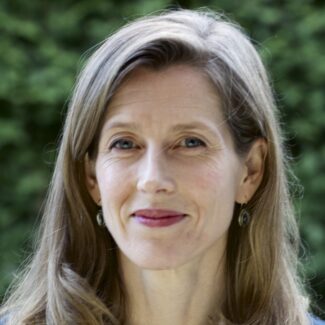
What will you be doing at COP30?
I will be supporting the Global Ethical Stocktake, a new initiative, created and led by Brazil’s Minister of the Environment and Climate Change Marina Silva, that was launched by the U.N. Secretary General António Guterres and Brazil’s President Lula earlier this year. Minister Silva asked me to support her work on this, including as the co-leader for the North America dialogue, which was one of six official regional dialogues held over the course of the last six months. I also attended the Europe dialogue, which was co-led by Mary Robinson in London in June, and the Africa dialogue, which was co-led by Wanjira Mathai in September in Addis Ababa. I will participate in programming to amplify the messages from these official dialogues as well as from the “self-organized dialogues,” such as the one held in New Orleans on the occasion of the 20th anniversary of Hurricane Katrina in August, which I co-moderated. My work will take place in the Global Ethical Stocktake pavilion as well as in other venues around COP 30 such as the TED Countdown House.
What do you personally hope to achieve while you’re there?
I hope to elevate the moral and spiritual dimensions of the climate crisis, support efforts to accelerate the global transition away from fossil fuels towards renewable energy and energy efficiency, participate in movement-building towards regenerative agriculture, promote the integration of traditional ecological knowledge alongside Western science, and learn more about what is necessary to provide adequate climate finance to peoples and places that need it. I also hope to get a sense of how Center for Earth Ethics (founded 10 years ago at Union Theological Seminary and now an affiliate center of the Climate School) can best serve in this arena while remaining primarily accountable to the long-term well-being of the whole community of life.
What are some larger-scale actions or takeaways that you’re hoping to see come out of the summit?
I hope we can build on the progress made at COP 28 with regard to clarity that nations must transition away from the use of fossil fuels. This time we should come to an understanding that in order to do that, we must transition away from the influence of fossil fuel industry money in all levels of governance.
I also hope that the Global Ethical Stocktake (GES) will be launched as an ongoing initiative. There is a lot of potential power in forging a sustained ethical lens on climate. After all, the real problem is not with the natural systems of the Earth themselves, it is with human perception and behavior. The way that the Minister Marina Silva has envisioned and created the GES centers the drivers of human behavior—such as culture—and invites a broad range of voices (including artists, philosophers, scientists, faith leaders, Indigenous peoples and business) to contribute. In addition to clarifying the moral stakes of the negotiations, the GES is a platform to call forth new ways of expressing and shaping the work that needs to be done. It could be a good thing to come out of this COP.
Lara Fornabaio
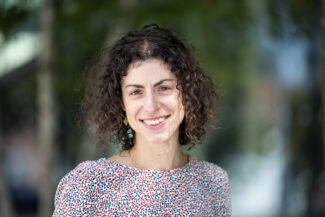
What will you be doing at COP30?
At COP30, I’ll be advancing discussions at the intersection of food systems, nature, land, and climate adaptation. By situating this COP in the Amazon, the world is being asked to confront its deepest contradictions. The Amazon is both a vital biome for Earth’s climate balance, and a hotbed for fossil fuel exploration and mining, with escalating land use change for agriculture and livestock.
Together with Vale Base Metals, CCSI will co-organize two sessions on how the mining industry can meaningfully integrate nature-based solutions (NbS) into its operations. The first session, on November 12, explores where NbS adoption can scale and what enabling conditions are missing; the second, on November 15, spotlights innovative tools such as satellite monitoring, drones, and AI to measure biodiversity and ecosystem health in real time. I’ll also join the Feeding the Future: Scaling Innovative Solutions for Climate-Resilient Food Systems session on November 16, hosted by Anglo American, alongside partners working on fertilizer innovation, agritech and finance.
Beyond these sessions, I’ll be meeting with partners and country representatives to advance our work on SDG-Based Coffee Plans—field-tested in Brazil, Colombia and Costa Rica—and to explore financing pathways for transitions in sectors like livestock production. Across all of these, our goal is to show that implementation isn’t just about technical design or dollars, but about how we align diverse incentives toward nature-positive finance. I’ll also be sharing lessons from CCSI’s tools on land governance and responsible investment, like OpenLandContracts.org—a resource for communities and civil society organizations navigating the terms of land contracts.
What do you personally hope to achieve while you’re there?
My main goal is to help shift the conversation from siloed climate targets that are being advanced by countries and companies, to collaborative transition plans. Across sectors, we need to move beyond fragmented interventions toward joint public–private planning that aligns investments, incentives and capacity. For example, through the coffee sector pilots, we’ve seen how national and sub-national plans can be co-created with producers and governments to prioritize investments that are both climate-resilient and inclusive. I’m hoping to identify countries and partners ready to test this approach in other value chains.
Importantly, this is a year where the Presidency is looking to advance solutions for nature with the launch of the Open Coalition for Carbon Market Integration and the Tropical Forests Forever Fund. Any UN-backed global carbon market should be equipped with safeguards against the logic of offsetting which legitimizes continued emissions and financializes nature. Net zero is an atmospheric goal—it demands cutting emissions and enhancing sinks, not trading them. I’m keen to strengthen coalitions around nature-positive finance that recognize and reward ecosystems for their intrinsic value, not as offset commodities.
What larger-scale actions or takeaways are you hoping to see from the summit?
I hope to see real mechanisms for collaborative investment planning emerge—frameworks that help countries, companies, financiers and communities plan transitions together, rather than through parallel tracks.
At a systemic level, we at CCSI want to see commitments that directly lower the cost of capital for emerging markets and developing economies, to unlock affordable finance where it’s most needed. We also hope to see a shift toward credible, investable long-term-low emissions development strategies for more actionable and investable nationally determined contributions (NDCs).
Set against the Amazon, COP30 must reaffirm that protecting nature and empowering communities are critical to mitigating climate change. Ultimately, implementation will depend on what the Brazilian Presidency has rightly identified as “enablers and accelerators”—financing, technology and capacity building—and whether we can finally equip them with the scale and coherence they deserve.
Satyajit Bose

What will you be doing at COP30?
I will be giving a speech on the role of coastal cities in balancing social, economic and environmental goals at the Ocean Civilizations Storytelling Session on November 10 at the China Pavilion. In addition, I will be meeting with faculty and administrators from a university and an independent think tank (the Centro Universitário do Estado do Pará and Instituto do Homem e Meio Ambiente da Amazônia) to discuss potential collaboration.
What do you personally hope to achieve while you’re there?
I hope to learn from others about the challenges of establishing a viable Amazon bioeconomy that is people-centered and development-focused. I would like to contribute my learnings about similar challenges elsewhere in the world and make connections with kindred souls from Brazil and around the world.
What are some larger-scale actions or takeaways that you’re hoping to see come out of the summit?
Within the context of climate finance and the overall goal of mobilizing at least $1.3 trillion annually by 2035, I would like to see real commitment by the Global North to funding adaptation activities and technology transfer in the Global South without exacerbating debt service burdens. I do not have high hopes, but I also expect that without that real commitment from the Global North, the South will finally realize that the North is unreliable and hypocritical and will therefore choose to address its own local problems in the best way they can without waiting for assistance. Perhaps that would not be such a bad thing.
Robbie Parks
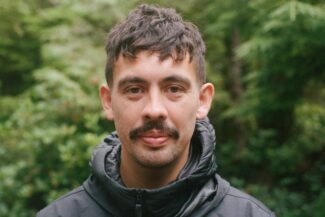
What will you be doing at COP30?
I plan on using my time there split between conducting interviews for my book, observing negotiations, and making notes for reporting back to Columbia. I generally plan on promoting and advocating for public health as a lever for success in climate change negotiations. I will also be recording another set of podcasts (part 1, part 2) to report to the wider public on what the climate negotiations on the ground, as global climate negotiations generally remain somewhat mysterious to most people.
What do you personally hope to achieve while you’re there?
Being at COP30 will provide an essential platform for my work on climate-related disasters and public health, as well as impacts on physical and mental health. I hope to meet and interview some historically important climate negotiators at the negotiations. A bit more personally, I have many close friends that I only really get to see at events like COP, and it will be great to spend some time catching up. I am also really excited to visit the Amazon rainforest, truly a natural wonder of the Earth.
What are some larger-scale actions or takeaways that you’re hoping to see come out of the summit?
I am really interested in seeing how updated Nationally Determined Contribution focus materially on physical and mental health. I am also generally interested in how health as a lever for climate change action has moved beyond the large scale statements from the first health day at COP28 to something more substantial. Part of that includes whether the Fund for Responding to Loss and Damage will gain traction, as it would, for example, be critical for allowing climate-vulnerable countries to recover from disasters without going into restrictive debt. I am generally hoping that the world will come together to show collective leadership in this somewhat difficult time in climate negotiations, with 1.5 seriously at risk, and small island nations under existential threat.
Guo Dong
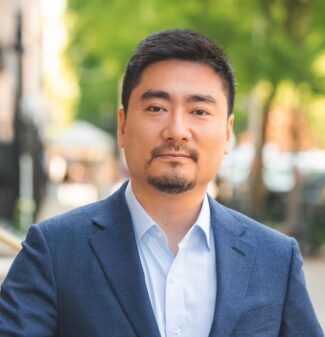
What will you be doing at COP30?
I will be at the China Pavilion on October 10 to unveil the latest publication of the blue book, “Evaluation Report on the Sustainable Development of China.” I have served as a co-editor for this annual book series since 2018. During the event, I will present our key research findings on urban sustainability evaluation within China, alongside relevant international city case studies. I have also scheduled meetings with representatives from the Centro Universitário do Estado do Pará and the Amazon Institute of People and the Environment, a prominent research organization based in Belém, to explore potential collaborations.
What do you personally hope to achieve while you’re there?
My participation in COP30 is driven by three key objectives. First, I wish to showcase the continued evolution and application of our urban sustainability framework. Having presented this work at COP28 and COP29, we’ve built significant momentum, with features on CCTV and other national broadcasts in China. The significant media coverage has laid a strong foundation; now is the time to deepen global awareness and adoption. Second, and most critically, I aim to champion the role of cities—especially in the developing world—as the epicenters of actionable climate solutions. My goal is to ensure our framework is recognized as a practical tool for these cities, enabling them to plan and track their sustainability transitions effectively. While international negotiations are crucial, real action happens in cities, and I want to ensure our framework is part of that local solution. Finally, I hope to engage with practitioners and policymakers at the COP. By learning from their efforts, we can identify synergies and foster cross-border collaborations for scaling up our urban sustainability research and effort.
What are some larger-scale actions or takeaways that you’re hoping to see come out of the summit?
Related to my work and my interest, I would like to see more talks around the role of cities, perhaps even elevated from mere implementers to critical partners in shaping NDCs. Also, perhaps there could be more concrete mechanisms developed/discussed to direct climate finance—whether for adaptation or mitigation—directly to city governments and local authorities. Cities are engines of the economy and frontlines of impact, yet they often lack the fiscal capacity to act. I hope to see a push for decentralized, city-to-city knowledge exchange, particularly between the Global North and South. We have to move beyond one-size-fits-all solutions and create more platforms where successful local policies, technologies and monitoring tools can be shared and adapted more rapidly.
Page Fortna
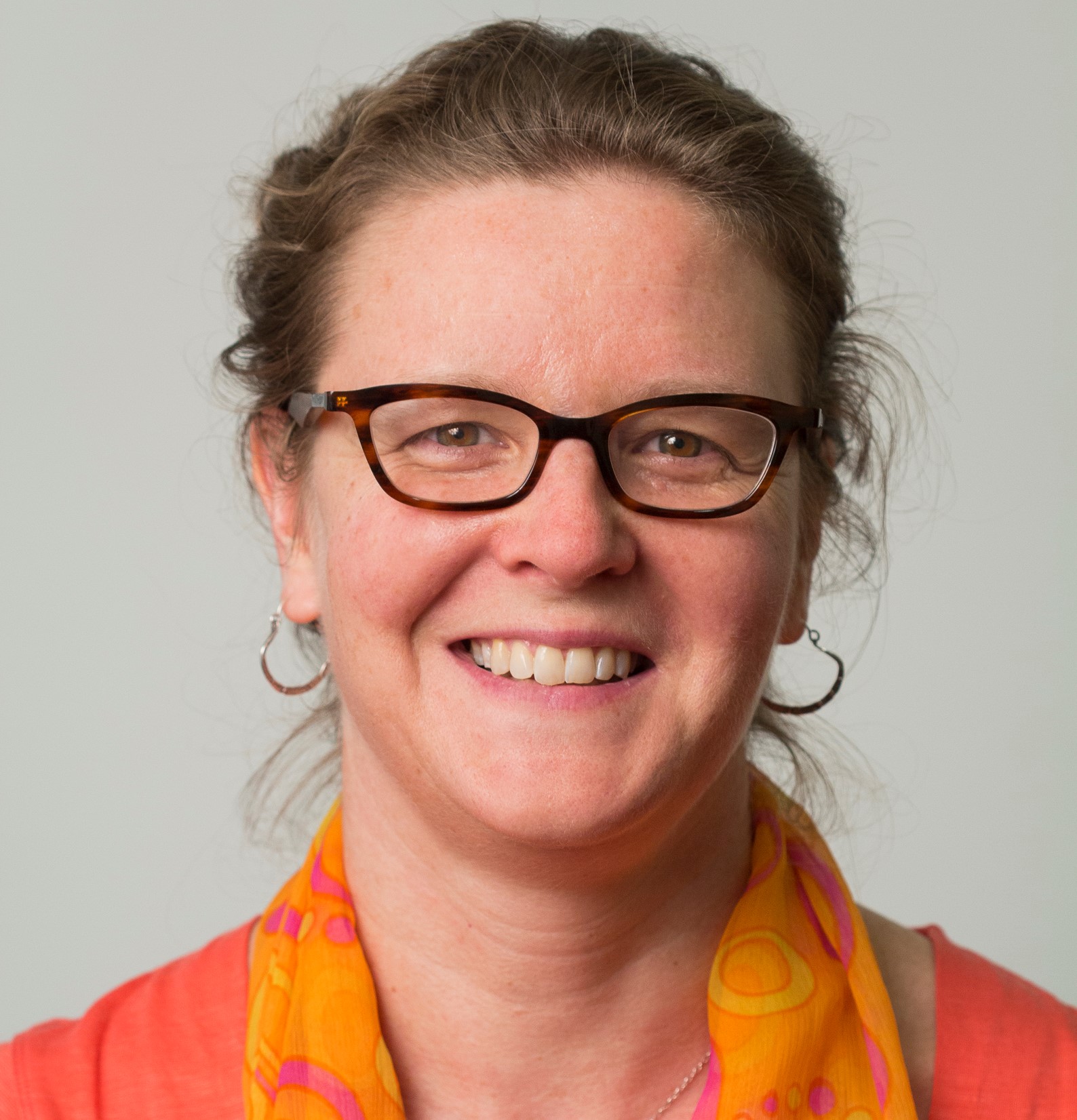
What will you be doing at COP30?
I will be networking and beginning interviews in the Blue Zone for a project on the impacts of climate change and decarbonization on fundamental concepts in international relations, such as the state, the national interest, power, war, trade and more.
What do you personally hope to achieve while you’re there?
I hope to understand better the community of decision-makers and thought leaders who participate in the system of COP meetings, and to create connections, especially with those from the Global South whose voices are less heard in international relations discussions of climate and decarbonization.
What are some larger-scale actions or takeaways that you’re hoping to see come out of the summit?
Unrelated to my research, but as a concerned inhabitant of this planet, I hope COP30 will show that the world can continue to make (and hopefully accelerate) progress on climate despite the recent U-turn in U.S. climate policy.
Source link
Olga Rukovets news.climate.columbia.edu

